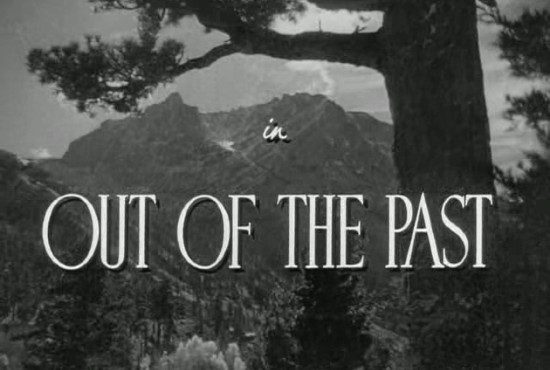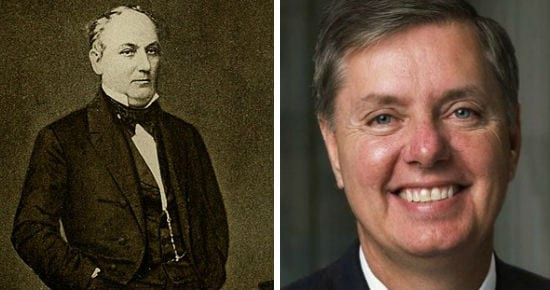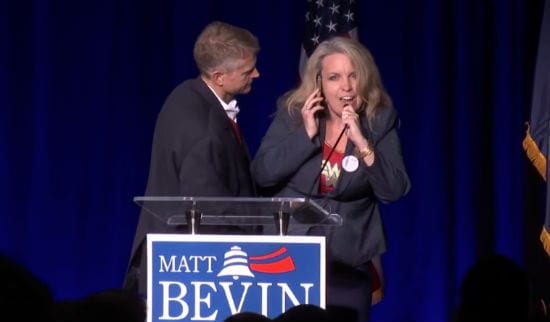It is not permissible to deliberately target non-combatants with a weapon of mass destruction. To do so is always, in all times and places, wrong and monstrous and forbidden.
That's not my rule. It existed for centuries before I was born and it will remain true long after I die. It has, over the centuries, been violated by nearly everyone who has had the power to do so, but none of those who violated it ever succeeded in refuting it. None of them ever made a convincing case that the rule they were breaking was not true. And like them, I cannot see how it affords much wiggle room or flexibility. (Double-effect, I suppose, will allow for a bit of fudging. But only a bit. And the principle of double-effect ultimately serves to reinforce the inviolability of the rule itself.)
This rule is a categorical statement, a solid thing that can be tripped over or smashed through or danced around, but never truthfully denied. It just is. It is something that is so.
As with all such categorical statements, of course, it is also possible to construct a scenario — hypothetical or horrifyingly actual — in which the monstrous, forbidden act appears to be the least horrible possible course of action.
It is not permissible to deliberately target non-combatants with a weapon of mass destruction. That is a categorical and undeniable rule, but it is not the only categorical and undeniable rule. And when two or more such rules come into conflict we humans may be faced with a lack of permissible options. Ethics professors are skilled at spinning out such scenarios, confronting their students with hypothetical conundrums that allow no pure course of action — no acceptable course of action.
History, too, has a way of creating such scenarios. I don't just mean the thousand everyday conflicts and conundrums that arise from life in our fallen world, but life-and-death decisions on a grand scale. Like a perverse ethics professor, history has a way of creating situations in which this or that unthinkable and impermissible act may seem to be the least monstrous of our sickeningly constricted options.
It may be that this was the case on August 6, 1945, and again on August 9, 1945, when the United States of America ended the war in the Pacific by deliberately targeting and killing 140,000 civilians in Hiroshima and then deliberately targeting and killing 80,000 civilians in Nagasaki.
Some think they know for sure that this was the case. Others think they know for sure that this was not the case. And many seem to relish the argument — agreeing as angrily as they disagree. But I do not know and I do not think that we can know what options did or did not appear available to President Truman and to the others who made and executed the decision to deliberately kill hundreds of thousands of civilians, terrorizing Imperial Japan into unconditional surrender.
And we don't need to know. That knowledge is only of interest if we are setting out to judge Truman and the others, to condemn or defend their decision. And I'm not interested in doing that. "What would you have done if you had been in their shoes?" people ask, and I can't fathom that. I can't get past the overwhelming gratitude that I have never been and the overwhelming hope that I will never be in such a situation, faced with such choices, or such a lack of choices, and forced or tempted or convinced to rely on that which ought never to be done.
So I am not interested in judging the actors. I am interested only in the act.
And the act was wrong. It was monstrous and impermissible. It is always impermissible to deliberately target non-combatants with a weapon of mass destruction. That is the rule, and the rule must be preserved long after the rule-breakers and everyone vehemently interested in condemning or defending them is dead.
But … but … but we just agreed there may have been no better choice, no decent choice, no choice not even worse. We just allowed that it may be the case that this was one of those scenarios when a monstrous evil was the least evil of several monstrously evil options.
That's the whole point. The least evil is still evil. The least monstrous is still monstrous.
When, as will happen, you are yourself forced to choose between two bad things, then choose the lesser of the evils and choose it boldly. That will be the right choice and, if circumstances are truly as circumscribed as you believe them to be, that will be the right thing to do in that situation.
But it still won't be a good thing. It isn't a good thing and cannot be made good.
When history perversely forces us to break the rules, then we must break the rules. Violate them. But we must not then pretend that this was not a violation. We must not say that the rule did not apply or that the rule does not exist or that there are no rules.
Broken rules must be mended. They must be rebuilt and reasserted with more vigor than before. This is why we say "never again," even though every time we say it we are soon proven wrong.
Because next time we're going to need that rule more than ever. And there will be a next time. There have already been many next times — many next times in which the rule has been honored and many next times in which the rule has been broken yet again.
We live in a time shaped, in part, by mad dreamers who believe they are not restrained by any such rules. All of our ancestors lived in such times as well, and so in all likelihood will our descendants. But the rules remain. And one of those rules is this: It is not permissible to deliberately target non-combatants with a weapon of mass destruction.
Whether or not it was forced to do so by grim circumstance, America broke that rule on August 6 and August 9, 1945. America therefore has a particular duty to mend what was broken. Never again.












